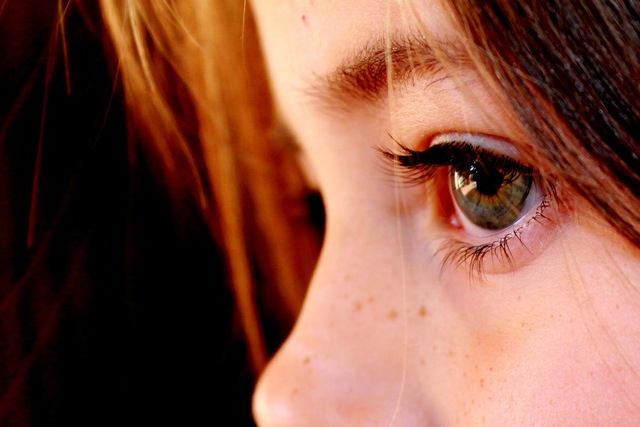Play (Child) Therapy
Does My Child Need Therapy?Have you started to question if your child’s reactions to situations are normal? Maybe slight changes to the schedule or last-minute changes in plans cause tantrums that last much longer and are more intense than seems appropriate. Or maybe you and your child’s relationship feels like it is disintegrating as you try to help them complete their homework each night. Or maybe you worry because your child seems lonely and struggles to connect with peers at school. Any one of these things can cause a parent’s anxiety to skyrocket, which in turn has negative consequences on the family.
There is little else that is scarier than thinking there may be something wrong with your child. And when it is related to emotional health and well-being, there doesn’t always seem to be a straightforward answer. If you think your child has broken their arm, you know exactly what to do. You take them to urgent care or the emergency room to have it x-rayed. You probably already know that if it is broken, they will likely be in a cast for 6-8 weeks to heal. But what if you aren’t even sure what is wrong? Getting your child assessed by a child therapist may be the step that is needed. Play Therapy may be exactly what is needed. We love working with children of all ages, with most therapists at Arvada Therapy Solutions working with children as young as four years old. Get some peace of mind and give us a call. Why Use Play Therapy?Play Therapy provides an opportunity for children to work through their problems in a supportive and safe situation. While adults find relief in talking over their difficulties with a therapist, children are often unable to express their thoughts and feelings in words. Children communicate their thoughts and feelings through play more naturally than they do through verbal communication.
According to the association for play therapy, play therapy can be a successful treatment for childhood stressors such as divorce, relocation, hospitalizations, physical/sexual abuse, domestic violence, natural disasters and the death of a loved one. Children often times experience physical symptoms, such as stomach aches, sleep problems, eating problems, bed wetting, and head aches when they are experiencing emotional distress, as well as behavioral symptoms. Please don't hesitate to call if you feel your child's behaviors or physical symptoms may be the result of a stressful life event. Get your child the help they need today! Please call 303-519-0620 to schedule an appointment. So, Are You Just Playing?Depending on the age of your child, it may feel like we are just playing. This is part of the magic of play therapy. Your child’s therapist will use your child’s language of play to work on the emotions underlying the behaviors that are concerning to you. During the play therapy process, we are tracking your child’s emotions, levels of emotional regulation, regulation of the nervous system, levels of distress tolerance and other behaviors. Using play, your child’s therapist will mirror different skills and ways to help regulate between a hyper-aroused and hypo-aroused nervous system, provide language to explain their feelings all while building a safe and unconditional relationship with your child.
I Think My Child is Too Old to PlayEach child is different. And your child’s therapist will assess for the best ways to work with your child. Often times, a 9 or 10-year-old will not play in the same way they did just a year before. When a child does not seem like they are a good fit to do non-directive play, we will use therapist led play (directive play) to directly address a particular concern. This may be done during a card game, talking about their struggles while throwing a ball back and forth or through an art modality. We continue to allow and encourage play as a part of the therapy process, as this is the language they understand.
I'm the Parent...How Much Do I Get to Be Involved?Parents, we need you! The goal is that therapy will not last forever. And for us to reach these goals with out child clients, we need your involvement. But what does that look like?
Confidentiality is extremely important to us, even for our littlest clients. However, because we believe that children do not grow up in a bubble, we believe that results can be amazing when we have appropriate family support. Your child’s therapist will request updates on how things are going at home or school or if there is anything new that would be helpful for us to know about your child. In turn, we will provide updates about themes of the therapy process, any coping skills that seem to work for your child to try at home and any other recommendations that are necessary to help your child grow and heal. Your child’s therapist will discuss all communications with you, so that they understand that we respect them as little humans and can maintain their trust. These conversations are done on a developmentally appropriate level, of course. We are happy to answer any questions you may have. Feel free to contact us to chat or schedule a free consultation. |


